Christ’s Fragrance Fills Our Cracks
This contemplation was inspired from John 16.
There is, in our time, a fascination with perfection. We long for the problem-less life, the cushy job, the perfect partner. We long for the safe painless world where are children never have to suffer. Even in our spiritual life, we are so easily lured to think that by attaining to our true self we will have no more pain, no weakness. For there is a powerful part in all of us that longs to be the superman, with special powers, with no pain, all our problems transcended, above the muck and mire.
And yet, within each human being, there is something imperfect, unwell, brokenhearted. We know this part of ourselves intimately because of how traumatic life is. And our brokenness is not illusion. The cracks are real. This is so because the cracks are how the light is to shine in…
During The Act of Consecration, smoke rises up from the altar. And even though the smoke begins at the altar, it eventually fills the whole chapel, envelopes our broken-hearts, permeates the cracks with its fragrance…
The secret of Ascension, which we celebrate this week, is that the Christ’s being too rises up, like the smoke at the altar, but He doesn’t abandon us, He fills the whole earth with His being, permeating our imperfect humanity, enveloping our broken world.
Dear friends, Ascension shows us that Christian perfection is not this world’s idea of perfection. Christ did not come to make us into superheros. He came to envelop our cracks, to bear us with our pain.
For Christ’s touch gives us…
the strength to walk with our broken-hearts,
the faith that there is meaning in this imperfect world; the compassion to love what is sick.
May His fragrance fill us!


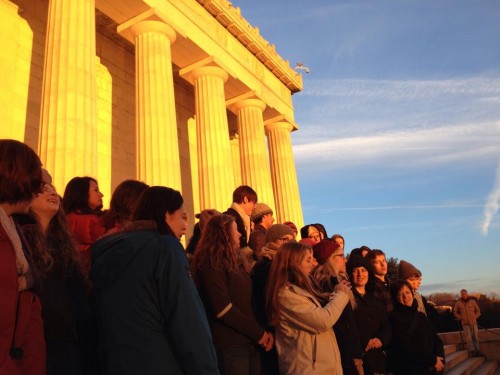 I adored my first Youth Conference. The effect that it had on the participants was described as a “Golden Bomb” in their year, and after experiencing one, I couldn’t agree more. The memories of that weekend will live with me forever. I still feel the confidence in our group as we sang, care free, parading down the street. I still see the sun and the smiles as we reflected on a labyrinth and conversed under an old oak tree. There was a power in reading I Have a Dream by Martin Luther King as the sun rose in the same spot where he read it. We made true connections with complete strangers during profound conversations with other teenagers. The sheer verve created by the youth conference instilled me with hope. All these joyous moments helped me grow and heal. Finally, I can testify that these youth conferences really do create a “Golden Bomb” in one’s year.
I adored my first Youth Conference. The effect that it had on the participants was described as a “Golden Bomb” in their year, and after experiencing one, I couldn’t agree more. The memories of that weekend will live with me forever. I still feel the confidence in our group as we sang, care free, parading down the street. I still see the sun and the smiles as we reflected on a labyrinth and conversed under an old oak tree. There was a power in reading I Have a Dream by Martin Luther King as the sun rose in the same spot where he read it. We made true connections with complete strangers during profound conversations with other teenagers. The sheer verve created by the youth conference instilled me with hope. All these joyous moments helped me grow and heal. Finally, I can testify that these youth conferences really do create a “Golden Bomb” in one’s year.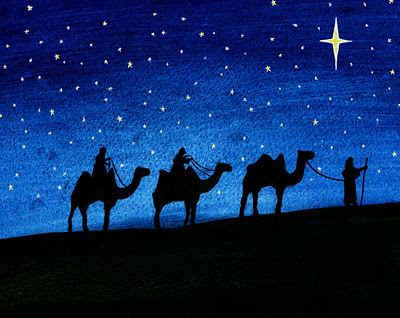

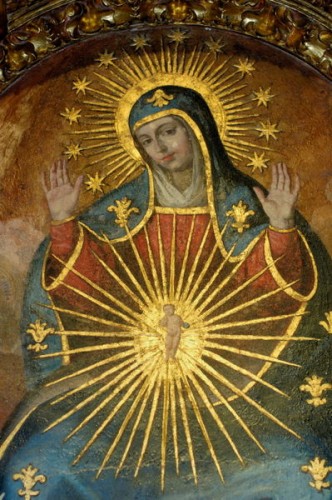 Luke, she is the one to whom the angelic messenger announces the coming of God’s son through the inseminating power of the Holy Spirit. She is humble and open, experiencing an other-worldly event.
Luke, she is the one to whom the angelic messenger announces the coming of God’s son through the inseminating power of the Holy Spirit. She is humble and open, experiencing an other-worldly event.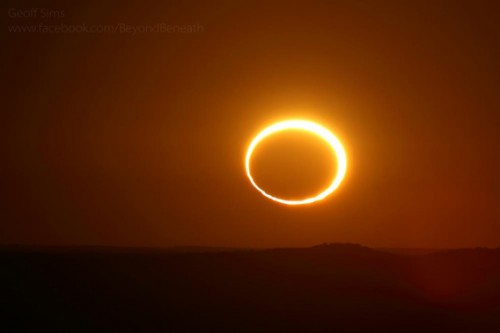
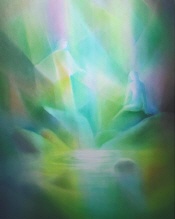 True friends are people who prove themselves over time. They truly listen in a way that draws out of us strengths we did not know we had. They stand by us in our trials, offering their support. Their constancy gives them a depth of knowledge about us, both of our strengths and of our weaknesses that allows them to be a gentle and loving mirror in which we can truly see ourselves. The result is that we are known. We feel accepted, just as we are. We are loved.
True friends are people who prove themselves over time. They truly listen in a way that draws out of us strengths we did not know we had. They stand by us in our trials, offering their support. Their constancy gives them a depth of knowledge about us, both of our strengths and of our weaknesses that allows them to be a gentle and loving mirror in which we can truly see ourselves. The result is that we are known. We feel accepted, just as we are. We are loved.